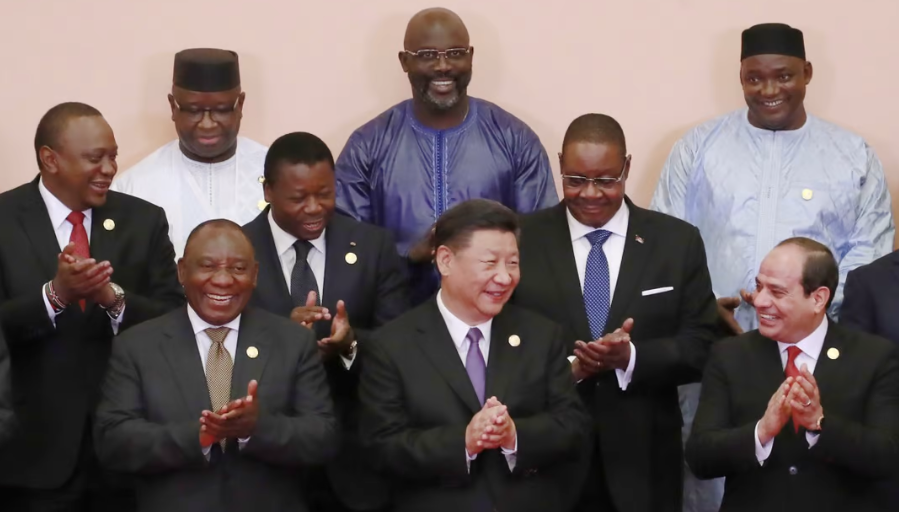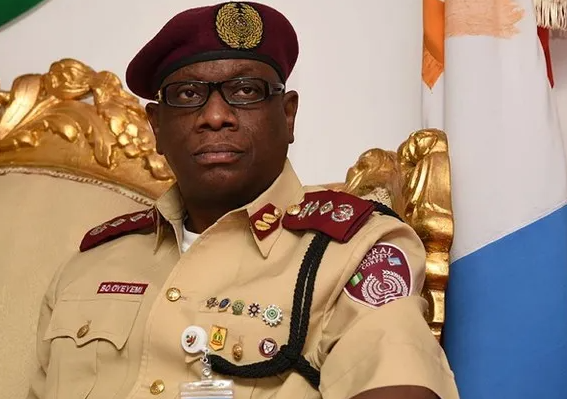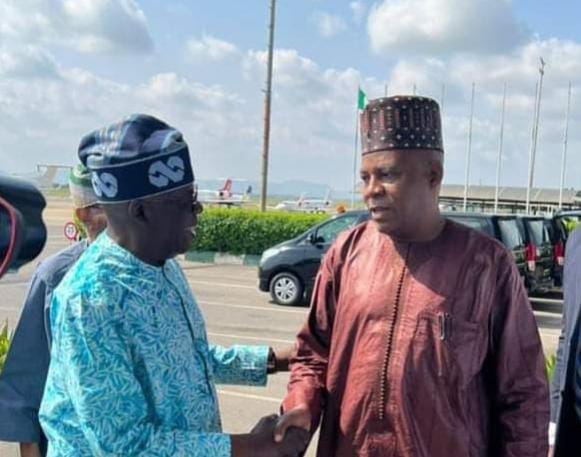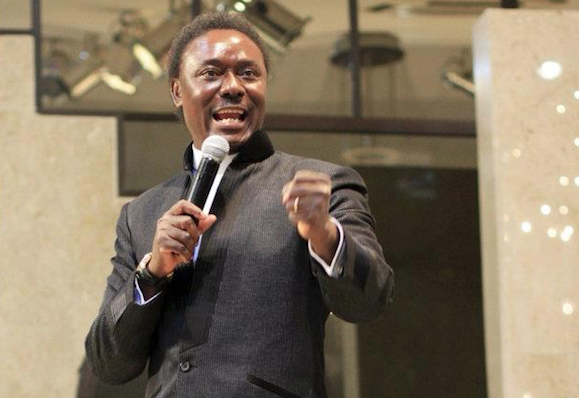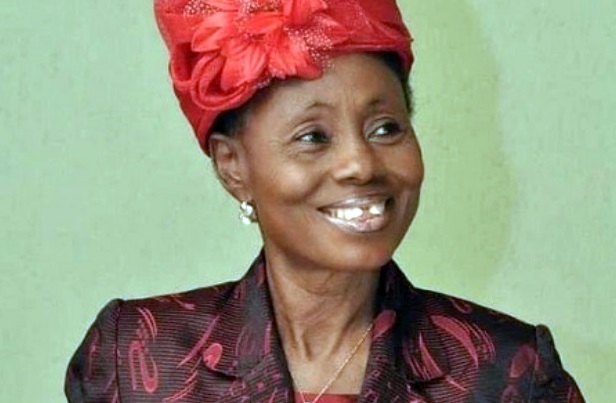BY EVARISTUS AFAMEFUNA EKWEM
The Latin adage that says: “Expressio unius est exclusio alterius” (an expression of one thing is an exclusion of the other), is true when it comes to African leaders in government and the growing call for some of them to resign from office. For every setback, when honesty is upheld there is always a major come-back. The major challenge is that honesty and sincerity are no longer rewarding to much African populace and more importantly to the political elite in our government.
Every new government regime comes in with a pragmatic manifesto that appears to be measurable. Unknown to the majority of the electorate, however, some of our African politicians employ the tool of the workability principle in a dishonest manner. A principle that is geared towards usefulness, the practicality of ideas, policies and proposals, a priority of action over doctrine, experience over fixed principles, and emphasis that ideas borrow their meanings from their consequences and their truth from their verification as criteria for merit in governance has been hijacked and destroyed under their watch.
Again, what is fascinating is how quickly the team they assemble, pleads with would-be voters to judge them based on verification workability principles. They often claim that they will employ a policy that will be pragmatically successful. What is nonetheless worrisome is that when they are judged by their so-called standard of measurement, they feel that they were being evaluated harshly. The least the populace expects from our African political class who are performing poorly is a sincere apology. But who is the populace that deserves their apology? Are they not simply forests of vultures?
Advertisement
Africa, as it stands at present, is a continent populated by diverse political vultures (Muslims and Christian clerical vultures, traditional and political vultures in leadership positions, vultures occupying ungoverned spaces and the docile hunger-led vultures). Vultures, from history, are known to devour the weak slaves who were left to die along the roads as they were being transported for sales. We are a continent of a mixed bag of vultures. There is no safe haven anywhere on the continent.
The silence of some of our African leaders has ceased to be anything but golden. The measure of a man is not where he stands in moments of comfort and convenience, but where he stands in moments of challenge and controversy. We are not begging you, our leaders, to do your job by leading from the front. We are asking you to make true your words that you will lead from the front when you were all elected in different parts of the continent. You said you would lead from the front and not in silence and solitude. If you have any moral courage left — and I believe some of you do — then, assemble together and take our troops and rescue all the captives whose whereabouts have been silently and quietly ignored in the land of Africa.
Since actors are known through their entrances and exits, what we need at present in Africa is a coalition of mutual trust, common faith and shared purpose in our continent. We cannot go back and change the beginning but we can start from where we are as a continent and change the ending. It is true that the Chinese proverb says: “He who tied the bell to the tiger must take it off”. We cannot fold our hands and wait for those who amalgamated us together in a way that makes it difficult to build consensus among ourselves to save us. No doubt, to do that will surely defeat their purpose. We must together rise and unite and work to establish a strong sense of pan-African society. This was the dream of our founding fathers.
Advertisement
In governance, we know how difficult it is to succeed unless you have a team that will be sacrificially supportive of your agenda. The turn of events staring at our faces suggests that the African team spirit seems to have been eroded. Is it not laughable the number of African citizens who at present are in the custody of bandits? Africans whose lives have been destroyed while those who ought to protect them are on a political jamboree tour with media coverage everywhere? Where is the human empathy, sanity and will of our political leaders? They say if you want peace, prepare for war (Si vis pacum para bellum). Afric,a in general, is at war. And our leaders’ body language must reflect it.
The world, today, loves everything but righteousness and fears everything but God (Vance Havner). In Africa, we are practising a religion that worships the bread (money) but does not distribute it. We practice rituals rather than righteousness; make frequent confessions but do not sincerely repent. A religion that Joan D. Chittister called hypocrisy. A religion practised by those who think they are sinners and the sinners who think they are righteous. Yet, we know that only God in Jesus is impeccable and impeccant. Even in my Catholic faith, we agree that the Blessed Virgin Mary is impeccable and peccant in holiness. And for the rest of us, we are all peccant and peccable. The teaching is a reminder to us that we have been messed up by sin; hence the restoration through the light of Christ’s resurrection. Thus, we are not asking our leaders to do the impossible. We are asking them to become human. They are the first family that should set the standard for the rest of every other family in Africa.
Surely, we know that when there is righteousness in the heart, there is beauty in character. When there is beauty in character, there is harmony in the home. When there is harmony in the home, there is order in the nation. When there is order in the nation, there is peace in the world (A.PJ. Abdul Kalam). Where there is unity, there is victory (Ubi concordia, Ibi victoria). Dearest African leaders, you have the enormous task of uniting the African people. Let the signs of our unity be seen and felt across the continent of Africa.
We do not think that it is permitted that a better man or woman be harmed by a worse. Some of our leaders are good. I know that some of those who are guilty of what they are accusing African leaders of, should not insist on their resignation. I agree, however, that the governance measuring statistics (security, electricity, health, education, economy etc) in some of our leaders’ regimes is nothing to write home about. But we need to stop and think together. Is the resignation of our leaders going to make the continent any better? The answer could be yes and no at the same time. For that reason, I do not support the call for their resignation. The facts on ground, however, support that some of them, should resign without delay. But the trumpeters of their resignation should go into a soul searching and check to see if they have not also been tainted by their own shadows. How can there be integrity in the midst of a forest of vultures? The honorability of resignation is foreign to present-day African leadership culture. If leaders in our African continent are truly men and women of integrity as they are being portrayed in some quarters, why can’t they throw in the towel by way of resignation? After all, resignation is a sign of integrity which occurs when an individual looks inward and discovers that what is left in his or her tank can no longer take him or her to his or her destination. Every individual who occupies a public office is there on trust and promises to live up to the demands and obligations of the said office. This notion is already premised on the fact that the person in question who is elected has the capacity to keep his or her promise, the competence to do the tasks of the office, and the ability to be effective. Is the choice, of our African leaders, not premised on the above facts?
Advertisement
To our amiable leaders, you would agree with me that Africa at present is on the brink of being dissolved in her self-hood as a continent and leaders of no moral integrity should no longer be encouraged to stay but to resign. In a sane continent, resignation should be the order of the day by now. However, what we witness in every electoral cycle is that those who ought to resign parade themselves, seeking to be endorsed or re-elected through the same fraudulent system. With all the rippling effects of bad governance that all of us are witnessing, they have vowed in truth to continue in that trajectory by insisting on following the said path, which you will agree with me has failed the African nation. Even when their chosen team of political players fail them, they are quick to disown and recruit new ones with a new brand of uniform. Nonetheless, all who belong to the said team, if they have any honesty left in them, should ordinarily step out of the polity including the one who hired them. Is Africa a recycling continent of failures?
It’s either the team of our African leaders had good ideas but failed to bring them on board or they are all bereft of one or they are scared of sharing their so-called wealth of ideas, lest they hurt each other with the flame of truth. As one of the serving governors in Nigeria once said: “My problem is that I know too much”. In all, there is only one conclusion to be drawn from the above analysis, “most of our African leaders are not persons of integrity”. I guess, sometimes they may have weighed the personal political cost of quitting and the social-political pressure to conform, and then decided to resign to their fate and remain in their leadership position.
Such attitudes of theirs is not surprising. I can assure you that only relatively few people across the globe with high moral principles resign from their offices; the rest has always been pushed out by the will of the people orchestrated by some influential politicians, who are no better than those they are pushing out. Being part of a government that you out-rightly oppose her public policy is not a mark of integrity. Those of you who made promises and have failed to live up to them should have introspection and take on board the healthy criticism from the African populace.
The competence to perform even the most basic constitutional duty (security) seem to have been lost in different parts of our continent where kidnapping for ransom and killing has become part of economic growth. Yet, not a single word of sincere apology resonates from our leaders. The perpetrators will be brought to book has become the daily chorus from the office of some of our leaders, especially within West Africa. We know, however, that whoever spares the bad injures the good (Bonis nocet quisquis malis perpercit). If integrity means acting with consistency and discipline on behalf of the promises made, most of our leaders in Africa then lack integrity. Why? Because personal integrity means to take a reflective equilibrium stance toward roles and actions and make sense of how they cohere (John Rawls).
Advertisement
Resignation requires a capacity to act despite costs to oneself. It is simply a basic moral resource of responsible persons. Resignation, I know, is costly not only to the person leaving the office but to the people left behind, and could create leverages for the opposition. I must confess, however, that if our leaders in Africa feel that they have no capacity to do more then, I will, like a son to a father, request humbly that they should surrender the ship to new captains and new crew members in humility and respectfulness to the led.
The beard, it is said, does not define a philosopher (Philosophum non facit barba). If leaders become so wedded to their office that they will not resign under any circumstances, they risk violating their integrity, the norms of the office, and the effectiveness that the office requires. The willingness to resign is what buttresses the moral and psychological core of integrity and responsibility.
Advertisement
Sometimes, however, the pressure to resign should be resisted; owing to the fact that the alternative is not good enough. To resign at that moment would be likened to someone fleeing away from the bandits and terrorists. No leader, however well he/she means, should stay beyond their capacity for enthusiasm. Let our African leaders try to fan into flames their lost enthusiasm. In some part of Africa, the leaders and their teams are already burnt out and their energy has diminished over the years, yet some of them are desirous of competing in the next election without selflessly putting the interest of the general society above their parochial interest.
We, therefore, wish to remind them that a shoemaker, is not above the sandal (Non sutor supra crepidam). Aware that not to go forward is to go backward. I urge every African leader to improvise, adapt and try to overcome the present challenges that have bedevilled our continent. Let us stop making excuses for what is not excusable. Otherwise, when you believe you are excusing yourself, you are accusing yourself (Dum excusare credis, accusas).
Advertisement
Ekwem, a governance expert, writes from Nairobi, Kenya
Advertisement
Views expressed by contributors are strictly personal and not of TheCable.
Add a comment
